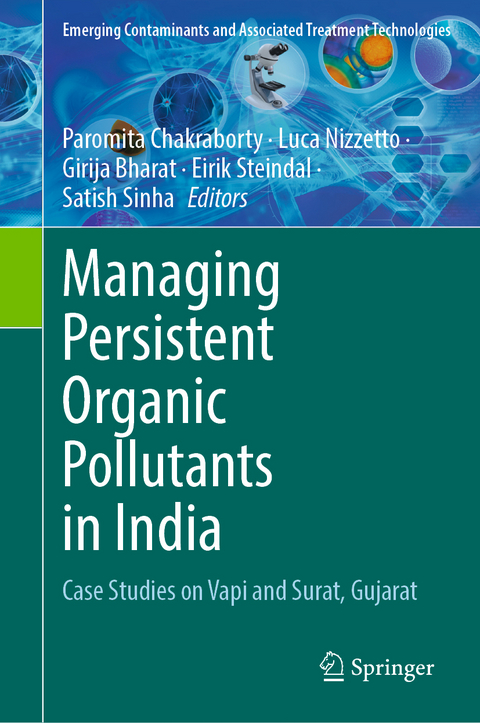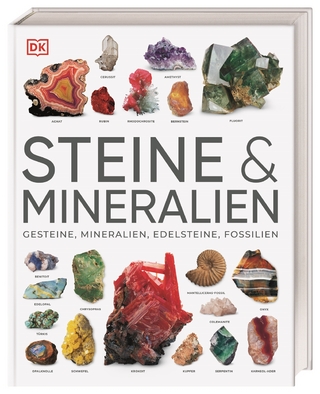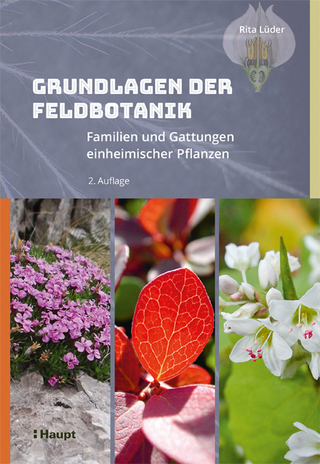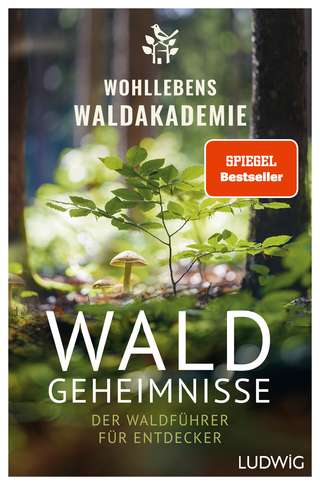
Managing Persistent Organic Pollutants in India
Springer International Publishing (Verlag)
978-3-031-31310-3 (ISBN)
Persistent Organic Pollutants (POPs) are a class of chemicals that are persistent, bio accumulative and toxic (PBT), which are restricted for use under the Stockholm Convention. They adversely impact the environment, human and animal health. Most of the POPs are semi-volatile organic compounds (SVOCs) and known to have a long-range transport potential and are often deposited in colder climate and found in places away from the regions they are produced. POPs are usually hydrophobic (i.e., "water-hating") and lipophilic (i.e., "fat-loving") chemicals, due to which they bind to solids, particularly organic matter, and fatty tissues in both marine and terrestrial environments. As a result, POPs may move up the food chain.
This book focuses on determining the sources, fate, analytical techniques of detecting POPs as well as their health impacts. It further dwells on the regulatory aspects, management of POPs, best environmental practices (BEPs), Indian and international case studies, gaps in understanding the regulatory aspects. A few key recommendations for the way forward form the concluding chapters of this book.lt;p>Professor Paromita Chakraborty is the Head for Centre for Research in Environment, Sustainability Advocacy and Climate Change in SRM Institute of Science and Technology, Kattankulathur, Tamil Nadu. Professor Chakraborty has over a decade experience on the multimedia transport of legacy and new persistent organic pollutants, bioavailability of organic contaminants, environmental chemistry, transformation and remediation of endocrine disrupting compounds, mismanagement of plastic and electronic waste, and conversion of waste into wealth. Professor Chakraborty is the principal investigator for projects funded by national funding agencies like DST, MoEFCC and international funding agencies like Research Council of Norway, Norwegian Embassy and Swiss Development Cooperation. She has published more than 100 peer reviewed journal articles and book chapters. Her research has been used as the basis for the creation of several policy briefs that were important for decision makers. She is the recipient of prestigious Water Advanced Research and Innovation (WARI) Fellowship 2016, awarded by the Indo-US Science and Technology Forum. Among numerous awards that Prof. Chakraborty received, Early career chemist 2015 by the American Chemical Society and Hiyoshi Environmental Award 2020 are the most prestigious ones. Dr. Chakraborty is the special mentor for the Association of Common Wealth Universities Blue Charter Fellowship. She is an associate editor in the Science of the Total Environment and Arabian Journal of Geosciences.
Dr Luca Nizzetto is a research scientist, research manager and knowledge broker with a background in ecology, biodiversity management and pollution research. He recently expanded his research activity in the areas of socio-ecosystems, knowledge management and knowledge brokering for societal change. He conceives and runs independent research programs in the areas of anthropogenic pressures and impacts on socio/ecological systems with current activities on plastic waste value network modelling and management for sustainability (with a focus on developing countries), environmental sustainability of food production systems, food safety, chemical and plastic pollution fate, behaviour and impacts, environmental and human exposure to contaminants, knowledge management and knowledge brokering for impact generation. He coordinates large consortia in international projects including projects funded by the EU Horizon framework. He is the co-founder of the International Knowledge Hub Against Plastic Pollution (IKHAPP.org). He is the Lead scientist at the Norwegian Institute of water research (Tenure track for Chief Scientist), and currently coordinates two distinct research teams and two international academic/research networks. In his current position, he formally and successfully acts as mentor for junior scientists and actively contributed to a seminar program dedicated to early-career scientists. He has successfully supervised students of bachelor, master and PhD level, as well as several Post Doc and early career scientists. He is the main author of some highly-cited research articles, and his works receive over 1000 citations each year.
Dr Girija K Bharat is the Founder Director of Mu Gamma Consultants (Gurgaon, India). She is an alumnus of IIT (ISM), BITS (Pilani), George Mason University, USA. She has over three decades of experience in the water and wastewater sector, Persistent Organic Pollutants, Endocrine Disrupting Chemicals, environmental chemistry, plastic waste management. She is the principal investigator for several national and international projects funded by USAID, UNICEF, GIZ, Swiss Development Agency, Norwegian Development agency, Research Council of Norway, Norwegian Embassy, Ministry of Jal Shakti (Government of India), UNIDO, NIUA, ICLEI-South Asia. She has published over 110 peer reviewed journal articles, book chapters, Policy Briefs, Discussion pap
Chapter 1 - Status of POPs Pollution in India.- Chapter 2 - Regulatory framework, Policies and Programs in POPs Management in India.- Chapter 3 - POPs Associated with Plastic Waste.- Chapter 4 - Transport of POPs from Source to Sea.- Chapter 5 - Environmental Monitoring Techniques of Targeted POPs.- Chapter 6 - Environmental and health impact.- Chapter 7 - International Regulatory Frameworks and Best Practices in Management of POPs.- Chapter 8 - Overview of Use and Release Sources of the Seven New POPs.- Chapter 9 - Analysis of Gaps in Management of POPs in India.- Chapter 10 - Case Studies-Tapi and Daman Ganga River Basins in Gujarat.
| Erscheinungsdatum | 14.07.2023 |
|---|---|
| Reihe/Serie | Emerging Contaminants and Associated Treatment Technologies |
| Zusatzinfo | X, 200 p. 27 illus., 26 illus. in color. |
| Verlagsort | Cham |
| Sprache | englisch |
| Maße | 155 x 235 mm |
| Gewicht | 475 g |
| Themenwelt | Sachbuch/Ratgeber ► Natur / Technik ► Natur / Ökologie |
| Medizin / Pharmazie ► Medizinische Fachgebiete ► Arbeits- / Sozial- / Umweltmedizin | |
| Naturwissenschaften ► Biologie ► Ökologie / Naturschutz | |
| Naturwissenschaften ► Geowissenschaften | |
| Sozialwissenschaften ► Politik / Verwaltung ► Staat / Verwaltung | |
| Schlagworte | Environmental monitoring • Exposure to POPs • Plastic waste • Pollution in Gujarat • POP management • Regulation of pollutants • Transport of marine pollutants |
| ISBN-10 | 3-031-31310-0 / 3031313100 |
| ISBN-13 | 978-3-031-31310-3 / 9783031313103 |
| Zustand | Neuware |
| Haben Sie eine Frage zum Produkt? |
aus dem Bereich


